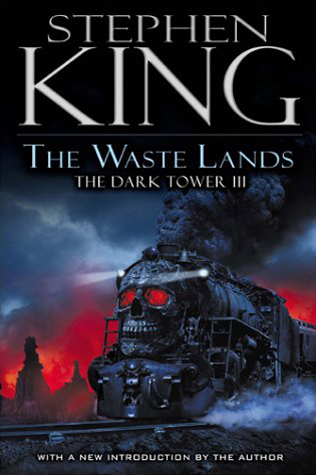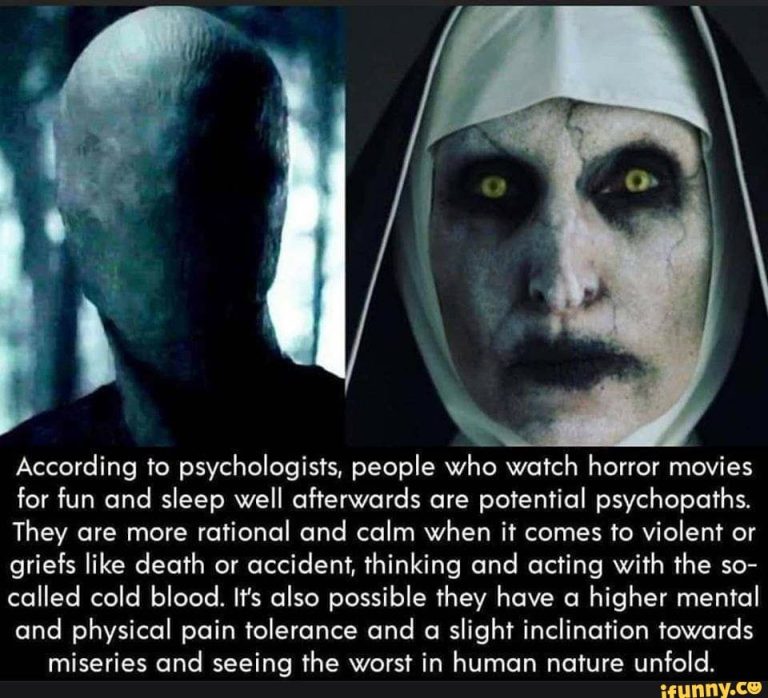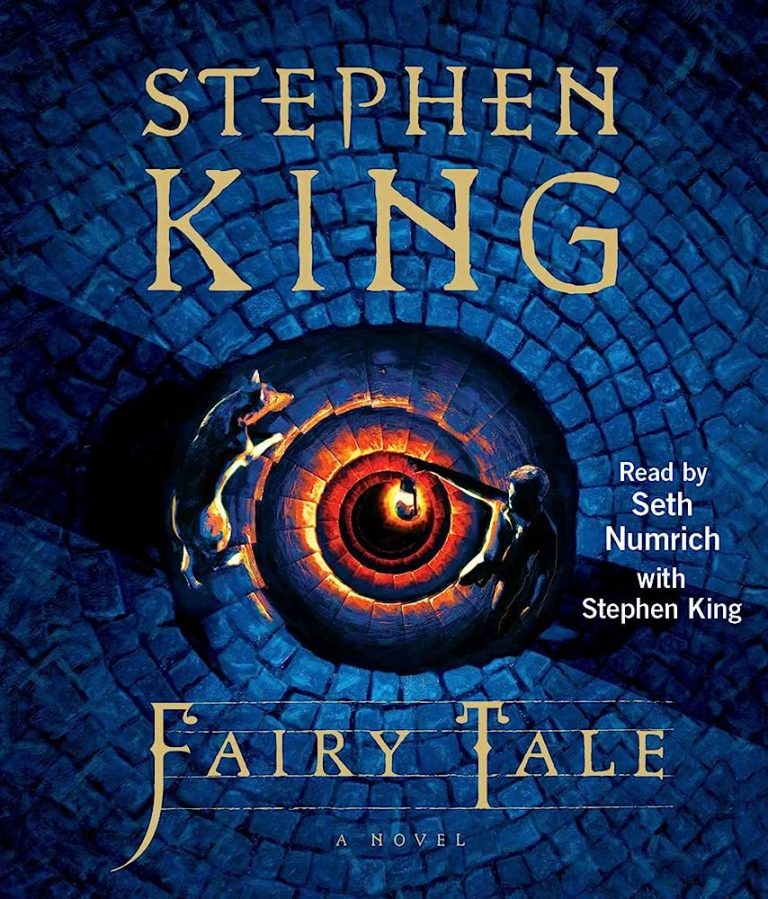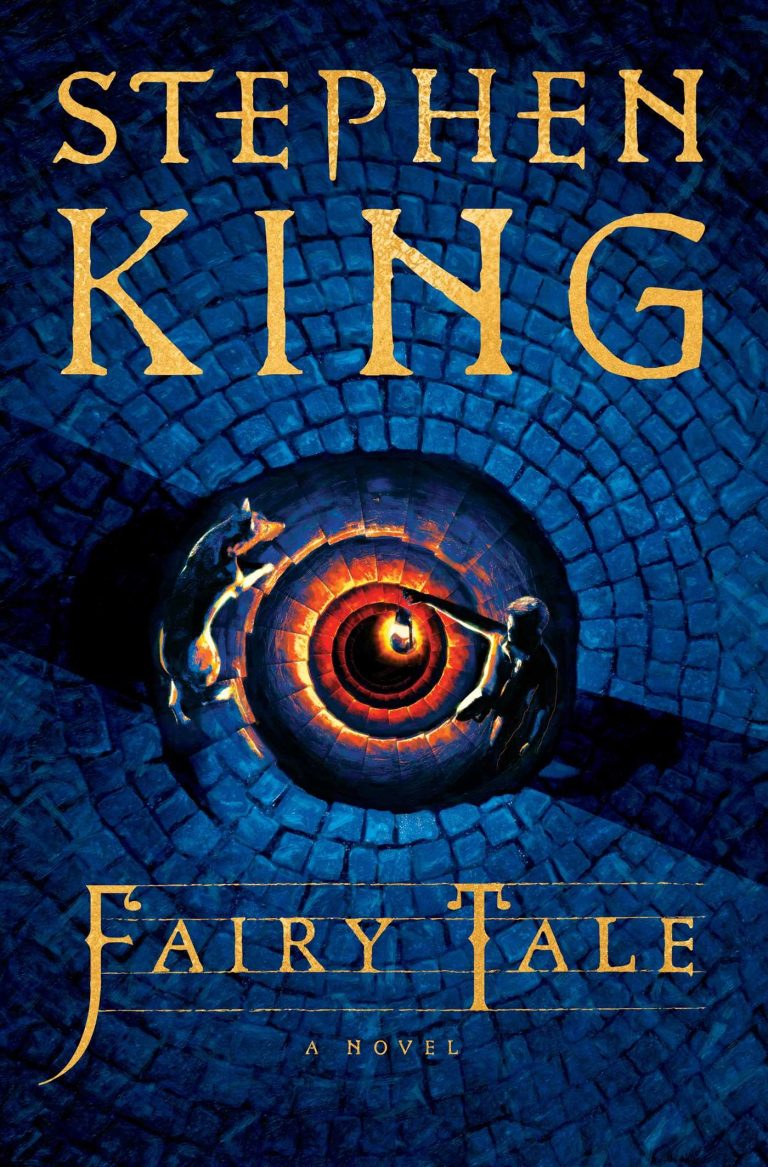The Haunting Fates: Destiny And Predestination In Stephen King’s Books
If you’ve ever delved into the eerie and captivating world of Stephen King’s books, you’ll know that there’s something hauntingly fascinating about his exploration of destiny and predestination. In King’s novels, the fates of his characters are often intertwined with a sense of inevitability, as if they were mere pawns in a larger cosmic game. From the chilling prophecies of “The Shining” to the mysterious forces at work in “The Dark Tower” series, King’s exploration of these themes is both mesmerizing and thought-provoking. Join us as we unravel the threads of destiny and predestination that weave their way through Stephen King’s captivating tales.
In the realm of Stephen King’s books, the concept of destiny takes on a life of its own. It’s as if the characters are caught in a web woven by forces beyond their control, their fates sealed from the very beginning. Whether it’s the haunted hotel in “The Shining” that draws its victims inexorably towards their doom, or the enigmatic figure of the Man in Black who manipulates the destiny of Roland Deschain in “The Dark Tower” series, King’s books are filled with a sense of foreboding and inevitability. As readers, we’re left pondering the boundaries of free will and the extent to which our lives are governed by unseen forces.
So, prepare to be captivated as we embark on a journey through the haunting fates that await us in the pages of Stephen King’s books. From spine-chilling prophecies to unexplained phenomena, we’ll explore the intricate tapestry of destiny and predestination that has made King’s works a staple in the realm of horror and suspense. Get ready to be enthralled by the master storyteller himself as we unravel the secrets of fate in Stephen King’s mesmerizing tales.
Stephen King, the master of horror, often explores themes of destiny and predestination in his novels. From “The Shining” to “It,” King weaves intricate tales where characters are driven by unseen forces and their fates seem predetermined. Whether it’s the haunted hotel or the supernatural clown, these stories delve into the chilling concept of being trapped in a predetermined path. King’s masterful storytelling keeps readers on the edge of their seats, questioning the existence of free will in a world governed by haunting fates.

The Haunting Fates: Destiny and Predestination in Stephen King’s Books
Stephen King, the master of horror, has captivated readers for decades with his chilling tales. One recurring theme in his works is the concept of destiny and predestination. King often explores the idea that our fates are predetermined, and that there is a higher power guiding the events of our lives. In this article, we will delve into the haunting fates depicted in Stephen King’s books, analyzing the ways in which he portrays the interplay between destiny and free will.
The Influence of Fate
In many of his novels, Stephen King presents characters whose lives are shaped by forces beyond their control. These characters grapple with the notion that their destinies have already been written, and they are merely pawns in a larger cosmic game. King’s portrayal of fate is often bleak and unforgiving, emphasizing the powerlessness of his protagonists in the face of their predetermined paths.
One of the most iconic examples of this theme can be found in King’s novel “The Shining.” Jack Torrance, the main character, is drawn to the haunted Overlook Hotel, where he succumbs to madness and violence. Throughout the story, it becomes clear that Jack’s descent into darkness was inevitable, as if the hotel itself had chosen him as its instrument of terror. This chilling portrayal of destiny leaves readers questioning the extent to which our choices truly matter.
The Illusion of Free Will
While fate may seem all-encompassing in Stephen King’s books, he also explores the concept of free will and the illusion of choice. Despite the characters’ belief in their predetermined fates, there are moments of agency and defiance that challenge the notion of an unchangeable future.
In the novel “It,” for example, a group of childhood friends reunite as adults to confront a malevolent entity that has plagued their lives. Through their determination and unity, they are able to defy the predetermined roles assigned to them by their traumatic pasts. This portrayal of free will offers a glimmer of hope in King’s dark and foreboding universe, suggesting that even in the face of overwhelming destiny, individuals can still shape their own paths.
The Role of Predestination in Horror
Stephen King’s exploration of destiny and predestination is particularly fitting within the horror genre. Horror often thrives on the fear of the unknown and the sense of helplessness in the face of forces beyond our comprehension. By incorporating themes of fate and predestination, King adds an extra layer of terror, as his characters are not only haunted by external threats, but also by the knowledge that their destinies are sealed.
Furthermore, the concept of predestination adds a sense of inevitability to the horrors unfolding in King’s stories. The readers are left with a lingering unease, knowing that the characters’ fates were sealed long before they even realized it. This amplifies the sense of dread and suspense, keeping readers on the edge of their seats as they witness the characters’ descent into darkness.
The Haunting Power of Choice
While predestination may cast a shadow over Stephen King’s narratives, the power of choice is also a recurring theme. Characters in his books are often faced with moral dilemmas and pivotal decisions that can alter the course of their lives, however predetermined they may seem.
In the novel “Pet Sematary,” Dr. Louis Creed faces the devastating loss of his young son. Fueled by grief and desperation, he makes a fateful choice to bring his son back to life by burying him in a cursed burial ground. This decision sets off a chain of horrifying events, ultimately leading to the destruction of his family. Through Dr. Creed’s choices, King explores the consequences of defying fate and the devastating impact of trying to alter the natural order of life and death.
The Haunting Fates of Stephen King’s Legacy
Stephen King’s exploration of destiny and predestination has left an indelible mark on the horror genre. His works continue to captivate readers, drawing them into a world where the line between free will and predetermined fate is blurred. Through his chilling tales, King forces us to confront the darker aspects of our own existence and question the extent to which our lives are truly within our control.
As we delve into the haunting fates depicted in Stephen King’s books, we come face to face with the terrifying idea that our destinies may be predetermined. Yet, amidst the darkness, there is also a glimmer of hope. King reminds us that even in the face of overwhelming fate, we still possess the power to make choices, to shape our own paths, and perhaps, to defy the haunting forces that seek to control us.
Key Takeaways: The Haunting Fates
- Destiny and predestination are recurring themes in Stephen King’s books.
- King explores the idea that our lives may be predetermined by external forces.
- Characters often face eerie coincidences and unexplainable events that suggest a higher power at play.
- The concept of fate adds suspense and tension to King’s stories.
- King’s exploration of destiny invites readers to contemplate their own beliefs about free will and determinism.
Frequently Asked Questions
1. How does Stephen King explore the themes of destiny and predestination in his books?
Stephen King is known for his ability to delve into the depths of human nature and explore complex themes. In his books, he often tackles the concepts of destiny and predestination, weaving them into the fabric of his narratives. King’s characters are often faced with circumstances that seem predetermined, as if they are bound by a predetermined fate. Whether it’s the tragic fate of the Torrance family in “The Shining” or the supernatural forces at play in “It,” King creates a sense of inevitability that leaves readers questioning the role of destiny in their own lives.
Through his vivid storytelling and expertly crafted plots, King invites readers to contemplate the idea of predestination. Are our lives already mapped out for us, or do we have the power to shape our own destinies? By exploring these themes, King challenges our beliefs and forces us to confront our own fears and uncertainties about the future.
2. What are some examples of destiny and predestination in Stephen King’s books?
In Stephen King’s vast body of work, there are numerous examples of destiny and predestination at play. One notable example is found in “The Dark Tower” series, where the protagonist, Roland Deschain, is on a quest to reach the Dark Tower, a place that holds the fate of all existence. Throughout his journey, Roland faces numerous trials and encounters characters who seem to be connected to his destiny in mysterious ways.
Another example can be seen in “Carrie,” where the titular character possesses telekinetic powers that ultimately lead to a tragic and fateful prom night. Carrie’s destiny seems to be intertwined with her supernatural abilities, and the events that unfold are a result of forces beyond her control.
3. Does Stephen King believe in destiny and predestination?
Stephen King’s personal beliefs on destiny and predestination are not explicitly known. However, through his writing, it is clear that he is fascinated by these concepts and enjoys exploring them in his stories. King often presents a world where characters are faced with predetermined paths and forces beyond their control, but he also leaves room for the possibility of free will and the ability to shape one’s own destiny.
Ultimately, King’s exploration of destiny and predestination serves as a thought-provoking exercise for readers, allowing them to contemplate their own beliefs and perspectives on these complex themes.
4. How do destiny and predestination contribute to the horror elements in Stephen King’s books?
Destiny and predestination play a significant role in creating the horror elements in Stephen King’s books. The sense of inevitability and the feeling that events are predetermined adds to the suspense and tension in his narratives. Readers are kept on the edge of their seats, wondering what will happen next and how the characters will navigate their fates.
Additionally, the idea that our lives may be dictated by forces beyond our control taps into a primal fear that many people have. King’s exploration of destiny and predestination heightens this fear, making his horror stories even more chilling and unsettling.
5. What can readers take away from Stephen King’s exploration of destiny and predestination in his books?
Stephen King’s exploration of destiny and predestination in his books offers readers an opportunity for introspection and contemplation. By examining the role of fate in his stories, readers are encouraged to reflect on their own beliefs and consider the extent to which they believe their lives are predetermined.
Furthermore, King’s exploration of these themes serves as a reminder of the power of choice and the ability to shape one’s own destiny. Despite the forces that may seem to be at play, his characters often find moments of agency and the opportunity to defy their predetermined paths. This message of empowerment and resilience resonates with readers, reminding them that they have the ability to overcome adversity and shape their own futures.
Stephen King Reveals His Top Five Stephen King Stories
Final Thoughts: Unraveling Destiny in Stephen King’s Books
As we delve into the eerie and captivating worlds created by Stephen King, one cannot escape the haunting themes of destiny and predestination woven throughout his stories. Through his masterful storytelling and gripping narratives, King invites us to ponder the complexities of fate and the impact it has on our lives. From the chilling encounters with supernatural forces to the psychological battles faced by his characters, King explores the profound and often unsettling idea that our destinies may be predetermined.
In King’s works, destiny is not a gentle guiding hand, but rather a force that lurks in the shadows, shaping the lives of his characters in unexpected and sometimes malevolent ways. Whether it’s the foretelling of a tragic event or the inescapable pull towards a dark path, the notion of predestination haunts us as readers, leaving us with a sense of unease and fascination. King’s ability to tap into our deepest fears and desires, while simultaneously challenging our beliefs about free will, is a testament to his mastery as a storyteller.
In conclusion, Stephen King’s exploration of destiny and predestination in his books is both chilling and thought-provoking. Through his vivid imagination and unparalleled storytelling prowess, he invites us to question the very fabric of our existence and contemplate the mysteries that lie beyond our control. As we turn the final page of each of his works, we are left with a lingering sense of wonder and a newfound appreciation for the enigmatic forces that shape our lives. So, let us venture into the dark corners of King’s literary universe, where destiny reigns supreme and the haunting fates await.






